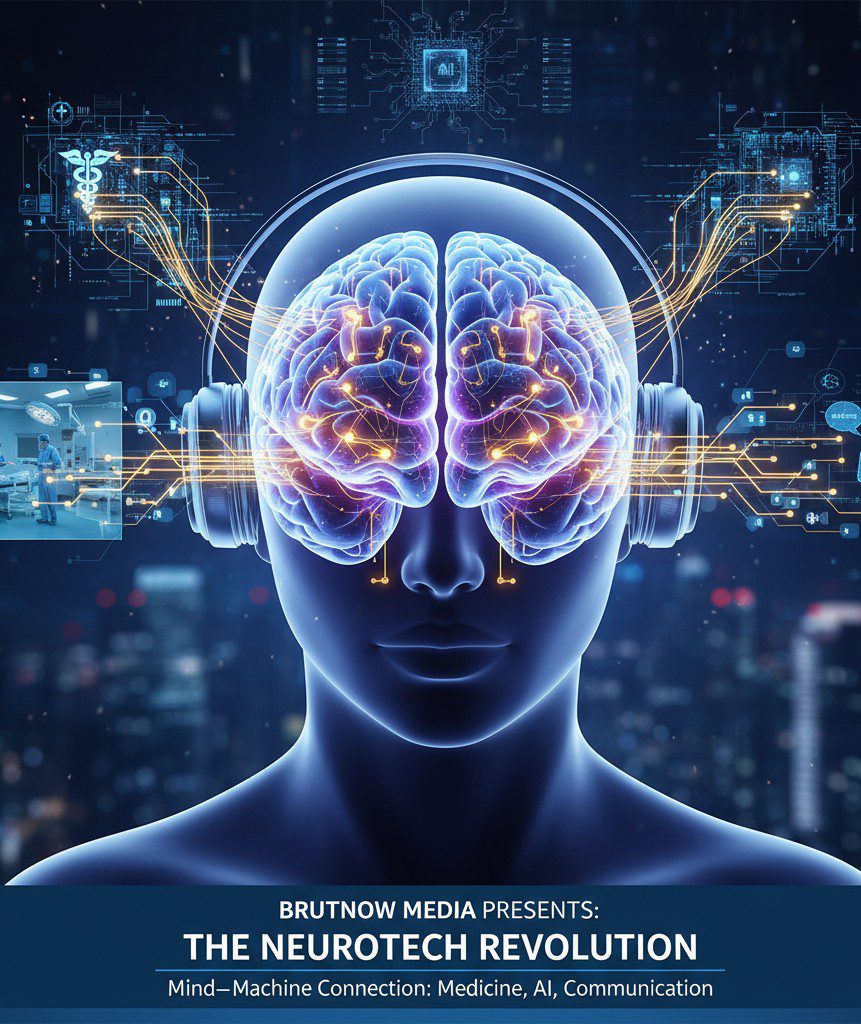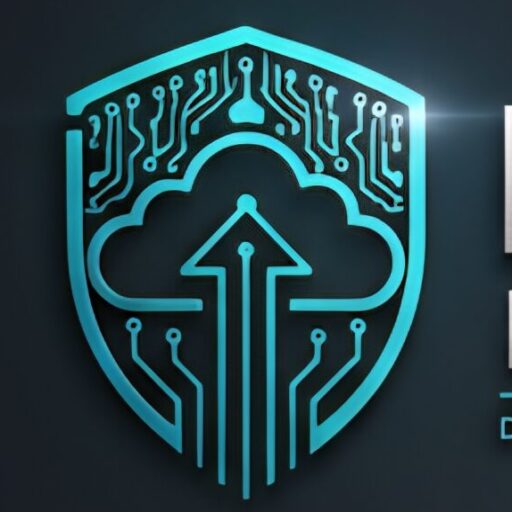The Rise of Neurotech: Inside the Brain–Computer Interface Revolution

By Brutnow Team | Brutnow Media | Science & Innovation Desk
In a world increasingly driven by artificial intelligence and biotechnology, a new frontier is emerging — one that bridges the gap between the human mind and machines. The Brain–Computer Interface (BCI) revolution, once confined to science fiction, is now at the heart of real-world innovation, promising to redefine how humans communicate, heal, and even think.
From Science Fiction to Scientific Breakthrough
The concept of connecting the brain to computers dates back decades, but only in the last few years has neurotechnology achieved practical and commercial viability. Companies like Neuralink, Synchron, Paradromics, and Kernel are pioneering devices that interpret brain signals, enabling direct communication between neurons and digital systems.
Elon Musk’s Neuralink, for instance, recently showcased a human clinical trial where a paralyzed patient used thought alone to control a computer cursor. This groundbreaking step demonstrates how BCI technology can restore mobility, communication, and autonomy to individuals with spinal cord injuries or neurological disorders.
A New Era of Human Enhancement
Beyond medicine, neurotech is expanding into the realms of mental performance, memory enhancement, and human–AI symbiosis. Imagine typing an email, controlling a drone, or designing software — not with your hands, but with your thoughts.
Startups are already exploring non-invasive BCIs, using EEG (electroencephalography) headsets that detect brain waves to improve focus, reduce stress, or train cognitive skills. These applications hint at a future where mind-controlled interfaces become as common as smartphones.
Ethical and Privacy Concerns
However, with great potential comes profound ethical responsibility. Critics warn that direct access to neural data could pose serious privacy risks — what happens if our thoughts can be tracked, decoded, or manipulated?
International organizations and policymakers are calling for neuro-rights legislation, ensuring that brain data is protected as a fundamental human right. Countries like Chile have already begun drafting such laws, marking a historic step toward safeguarding cognitive freedom.
Economic and Industrial Impact
The global neurotechnology market is projected to exceed $25 billion by 2030, driven by rapid advances in AI, data science, and wearable computing. Big Tech giants are also investing heavily in neural computing, viewing it as the next paradigm shift after smartphones and virtual reality.
Medical research institutions, defense agencies, and consumer tech firms are forming public–private partnerships to accelerate innovation — creating an ecosystem where the human brain becomes the ultimate interface.
The Road Ahead
The rise of neurotech represents not just a technological leap, but a philosophical evolution — blurring the boundaries between biology and computation. As BCI technology matures, it will challenge fundamental notions of identity, communication, and consciousness itself.
The Brain–Computer Interface Revolution is more than a scientific milestone; it’s the dawn of a new age where human potential is redefined — neuron by neuron, signal by signal.




